Steve Piper, Chief Distribution Officer at FMI (a Division of Bidvest Life Ltd)

Amidst the pandemic which has swept the globe and paralysed our country, only one thing is certain: the life insurance industry, and the broader adviser community, will never be the same again.
And in many cases, that could be a good thing.
The immediate impact on the industry will be the acceleration of change. We’ve been sitting on the precipice of some fundamental change for some time, but until now, nobody has wanted to step off the edge. We may have just been given the nudge we need.
What will the impact be, and what are some of those changes?
For a start, the economic recession that COVID-19 leaves in its wake will have an impact for at least 18 months, perhaps longer. Although demand for life insurance should stay relatively strong, affordability will become a challenge. Premiums will shrink and lapses will inevitably increase as policyholders convert policies and investments into cashflow just to stay afloat.
This crisis is going to highlight the inherent weaknesses in the current business models of independent financial advisers (IFAs) – which should be addressed now rather than later. Most advisers start every new month with no guaranteed income, and effectively live month to month, with immense pressure to generate income. There’s got to be a better way. Suddenly, the concepts of RDR and creating annuity income start making sense. Most professionals charge by the hour – so should advisers?
One of our biggest concerns is that the industry is going to lose advisers. We’ve long been dealing with the issue of an aging adviser force, and have battled to attract young advisers to the industry, which is fortunately starting to change. But as administrative and compliance issues create more admin than ever, we could see the rise of ‘Administrative Networks’ where IFAs band together to share core services while still doing their own independent thing, with reduced costs.
An obvious, but massive, change is going to be the move to digital servicing of clients.
Digital servicing wasn’t broadly accepted before COVID-19, but now it’s achieved sudden credibility. Instead of meeting clients for coffee and a face to face chat, we’re seeing advisers doing video calls while operating 100% remotely. We especially see younger customers being open to this remote approach.
We’ve been talking about doing business digitally for a long time, but when the crisis struck, we changed the rules almost overnight to electronic signatures and telephonic recorded acceptances of policies, etc. All communications and claims processing will go digital. That’s good for the industry from a cost point of view as the current model of doing business is too dear.
Right now, we see three types of advisers: the ostriches, who are going to bury their heads in the sand and wait for everything to go away (it isn’t); the deer in the headlights, who know something’s changed, but aren’t sure what to do about it; and the bears, who will make the most of the current situation and see an upside.
COVID-19 is going to create opportunity, and it’s critical that we change our mindsets and believe in the required need to change. Advisers who aren’t prepared to change will fail. So what do we do next? For advisers, it’s important to review your practice now, and define where you want it to be.
We’ve got to go back to the basics, and realise that relationships and building trust between clients and advisers is more important than product detail. Simple products that take care of specific needs are going to be key though. We’ve got to get skilled at delivering digital servicing, and be able to operate remotely at 100% when required.
The world has changed. Thanks to technology and data, we still have businesses today. Our challenge is to make sure we combine this with the personal touch that has seen our success to date, to ensure we have businesses tomorrow.

MAKE YOUR IMPACT.
PROTECT THEIR
INCOME FIRST.
FSP 47801



